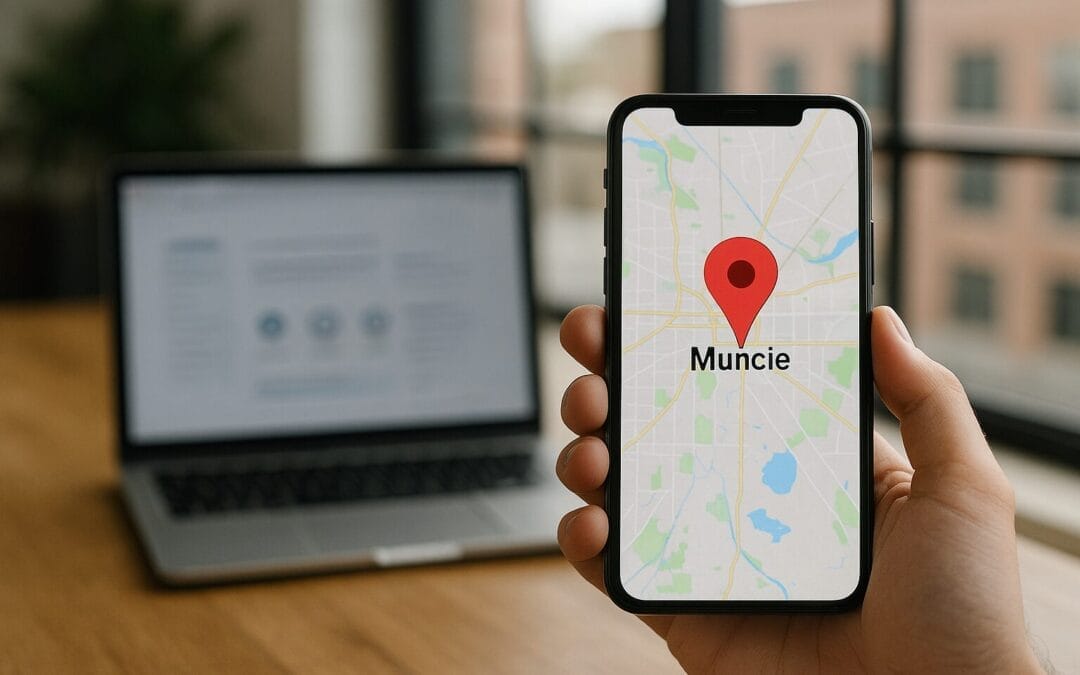Introduction
In today’s digital landscape, a website is more than just a virtual business card; it’s your online storefront, your 24/7 salesperson. For service-based businesses, having the right features on your website can make all the difference. Why is this important? Because the first impression matters! Whether you’re a consultant, a plumber, or a fitness trainer, your website needs to showcase who you are and what you offer—effectively and engagingly.
Have you ever landed on a website and thought, “Wow, this looks professional,” or perhaps, “This is confusing!” The difference often lies in the features of the website. In this article, we’ll dive deep into the seven must-have features for your service-based business website that will enhance user experience, increase conversions, and ultimately, help your business thrive online.
1. User-Friendly Design
Let’s face it: the way a website looks and navigates can either invite visitors in or push them away like a closed door on a rainy day. A user-friendly design is crucial for keeping potential customers engaged. But what does that actually mean?
Layout and Navigation
A clear and intuitive layout ensures your visitors know where to go without feeling lost like a child in a grocery store. Use a clean design with an easy-to-navigate menu. Think about categorizing your services and having a visible contact button—it’s like laying out a treasure map for your visitors.
Mobile Responsiveness
Did you know that over half of all web traffic comes from mobile devices? This brings us to the importance of mobile responsiveness. Just imagine trying to squeeze a large couch through a tiny door; it’s not going to work well. Your website should adapt seamlessly to various screen sizes and devices. Not only does this improve user experience, but Google also loves mobile-friendly websites!
2. Clear Call-to-Action (CTA)
A well-placed call-to-action is like a friendly nudge or invitation to take the next step. Without CTAs, a user might wander around your site like a lost traveler without a destination. Clear CTAs encourage visitors to get in touch, schedule an appointment, or make a purchase.
Placement and Design
Consider the strategic placement of your CTAs. They should stand out but not scream for attention. Use contrasting colors and persuasive text. Phrases like “Get Started Today,” “Request a Free Quote,” or “Book Your Session Now” can turn a passive visitor into an engaged customer.
3. Service Descriptions and Pricing
At the heart of your business are the services you provide. Therefore, detailed service descriptions are essential. They communicate not just what you do but how you can solve your customer’s problems. It’s like sharing your secret sauce with the world.
Transparency with Pricing
Nothing frustrates a potential customer more than hidden fees. Providing clear, upfront pricing can set you apart from the competition. Think of it as being an open book; trust builds when you’re transparent. If your pricing varies based on certain factors, be open about that too. This honesty cultivates trust and can sway decision-making.
4. Testimonials and Case Studies
Do you ever check online reviews before trying a new restaurant or service? You’re not alone! Testimonials and case studies serve as social proof that can enhance your credibility and demonstrate your expertise.
The Power of Social Proof
A positive review is like a personal recommendation from a friend. Incorporate a testimonial section on your website featuring real customers sharing their experiences. Visual case studies can also be beneficial, showcasing how your services have positively impacted clients. Think of them as success stories that illustrate your ability to deliver results.
5. Contact Information and Support
Imagine someone trying to reach for help but it feels like they’re knocking on a locked door. Your contact information should be as accessible as a friendly neighbor. This means having an easily visible phone number, email address, and even a chat option on your site.
Multiple Contact Options
Different customers have different preferences for communication. Providing options—such as phone, email, and live chat—ensures you meet your clients where they are. Think of it as setting up multiple paths leading to your front door.
6. Blog and Resource Center
Regularly updated content is like putting a fresh coat of paint on your storefront. It keeps visitors coming back for more and positions you as an authority in your field. By creating a blog or resource center, you’re not just promoting your services; you’re providing valuable insights to potential customers.
SEO Benefits
High-quality content can improve your site’s search engine ranking—think of it as planting seeds that grow into strong trees over time. Use keywords that are relevant to your audience, and share practical advice, tips, and industry news that keeps your audience engaged and informed.
7. Analytics Tools
Finally, how do you know if your website is performing well? It’s like having a map for a road trip—analytics tools provide insight into visitor behavior, helping you understand what works and what doesn’t.
Measuring Success
Incorporate tools like Google Analytics to track key performance indicators (KPIs) such as page views, bounce rates, and conversion rates. This data acts as feedback, allowing you to tweak your website to better meet your audience’s needs. It’s like fine-tuning an engine to ensure your ride is smooth and efficient.
Conclusion
In summary, building an effective website for your service-based business requires careful consideration of several key features. From a user-friendly design that welcomes visitors to well-placed CTAs that encourage engagement, each element plays an essential role. Including service descriptions and transparent pricing helps build trust, while testimonials provide the social proof prospective customers seek. Offering multiple ways to be contacted, a regularly updated blog, and the right analytics tools creates a comprehensive online presence that can boost your business in today’s competitive environment.
FAQs
- What are the essential features every service-based business website should have? Critical features include user-friendly design, clear CTAs, detailed service descriptions, testimonials, accessible contact information, a blog, and analytics tools.
- Why is mobile responsiveness important for my business website? With the increasing use of mobile devices for browsing, a mobile-responsive website ensures a good user experience and improves your search engine ranking.
- How can I effectively highlight customer testimonials? Use quotes, images, and even videos to present testimonials and case studies that showcase your clients’ positive experiences with your services.
- What is the role of SEO in my website’s content? SEO helps improve your website’s visibility on search engines, making it easier for potential customers to find you when searching for relevant services.
- How do I choose the right analytics tools for my website? Google Analytics is a popular free option. Look for tools that can track metrics such as user behavior, demographics, and conversion rates.















